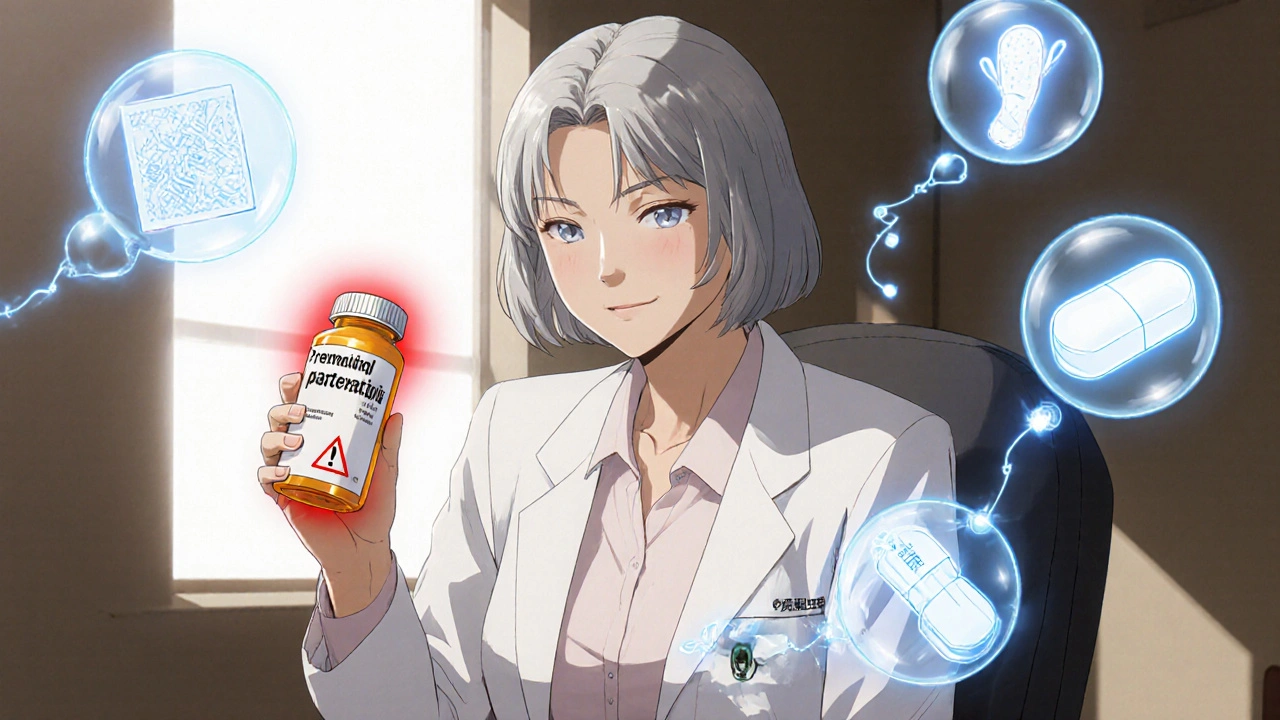When your body stops making enough estrogen, a key female hormone that regulates reproductive health, bone density, and mood. Also known as hormone replacement therapy, it's often used to ease symptoms like hot flashes, night sweats, and vaginal dryness that come with menopause. But estrogen therapy isn't just about comfort—it affects your bones, heart, and even your risk for certain cancers. It’s not a one-size-fits-all solution, and knowing who it helps—and who it could harm—is critical.
Many women turn to estrogen therapy after natural menopause, but it’s also used after surgical removal of the ovaries or in cases of early menopause. The type matters: systemic estrogen, delivered as pills, patches, or gels works throughout the body and is best for hot flashes and bone loss. local estrogen, like vaginal creams or rings targets only the vaginal area, helping with dryness and discomfort without raising hormone levels in the rest of your body. You don’t need systemic therapy just because you have vaginal symptoms. And if you still have a uterus, estrogen alone can increase uterine cancer risk—that’s why progesterone is often added, forming what’s called combined hormone therapy, a balanced approach for women with a uterus.
Not everyone should use estrogen. If you’ve had breast cancer, blood clots, liver disease, or unexplained vaginal bleeding, it’s usually off the table. Even for healthy women, starting estrogen after age 60 or more than 10 years past menopause can raise stroke and heart attack risks. That’s why timing matters—starting early, near menopause, tends to be safer and more effective. And while some people look to natural alternatives, like soy, black cohosh, or bioidentical hormones to avoid prescription drugs, there’s little solid proof they work as well or are safer. The FDA doesn’t regulate many of these, and their long-term effects are unknown.
What you’ll find in these articles isn’t a sales pitch. It’s real talk about what works, what doesn’t, and what you might not have heard. You’ll see how estrogen interacts with other meds—like blood thinners or antidepressants—what side effects actually happen in real life, and how some women manage symptoms without hormones at all. Whether you’re considering therapy, already on it, or just trying to understand why your doctor brought it up, this collection gives you the facts without the fluff.

Premarin (conjugated estrogens) is an older hormone therapy for menopause. Learn how estradiol patches, vaginal creams, and non-hormonal options compare in safety, effectiveness, and cost.
View more